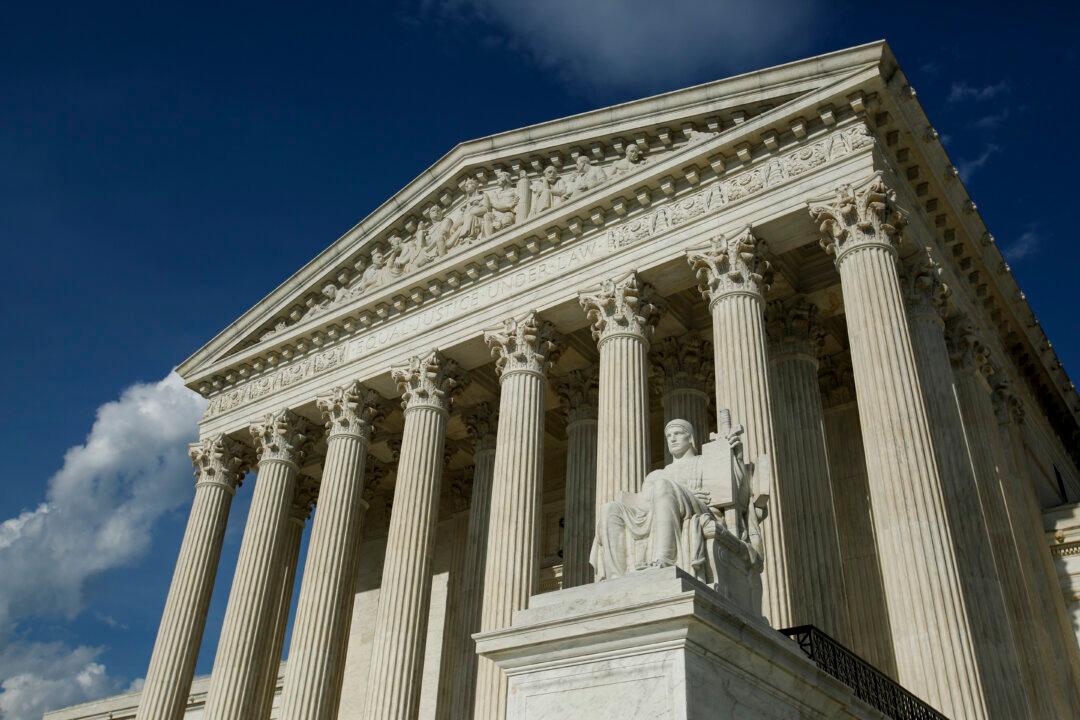WASHINGTON—In a landmark ruling June 27, the Supreme Court narrowly rejected claims from Democrats in North Carolina and Republicans in Maryland that their respective state electoral maps had been unconstitutionally manipulated for partisan advantage.
The decision came after the Supreme Court ruled June 17 in a 5-4 vote that the Republican-controlled Virginia House of Delegates had no legal standing to challenge that state’s map. The court agreed with Democratic Attorney General Mark Herring, who argued that members of one chamber of the General Assembly had no legal right to speak for the Old Dominion and had usurped his authority to defend state laws in court.





